10 American Rabbis You Haven’t Heard Of, But Should
You might not know their names, but their influence is felt in every denomination, in every corner of the country

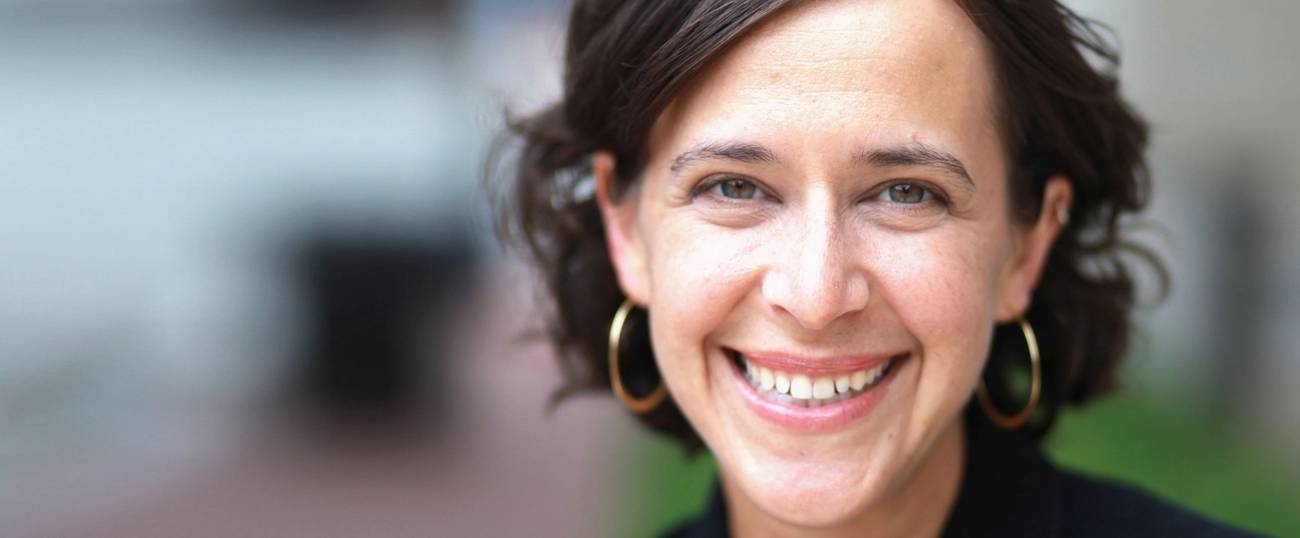


Last year, we launched this list to shine the spotlight on those Jewish leaders who typically avoid it. We hoped the piece, published before the High Holidays, would offer readers an array of options for fresh Jewish study, exploration, and worship.
Soon after, articles and lectures linked in the profiles began circulating on social media. Additional recommendations for rabbis poured in. The response from readers was so gratifying, in fact, that we decided to do it all again.
Like last year’s list, this one is far from exhaustive when it comes to the Jewish community’s spiritual riches. By zooming in on particular individuals, it necessarily crops other deserving ones out of the frame. And so we invite readers to send us their own nominees, whether on social media or by emailing [email protected], in the hopes of highlighting still more of American Judaism’s unheralded heroes.
To jump directly to each rabbi’s entry, click on the names below.
Yaffa Epstein | Ammiel Hirsch | Debra Newman Kamin | Israel Kirzner | Harold Robinson | David Silber | Gil Steinlauf | Shira Stutman | Jon-Jay Tilsen | Jason Weiner
***
Yaffa Epstein
Yeshivat Maharat, Drisha Institute, Pardes | New York, N.Y./Jerusalem, Israel
One of Modern Orthodoxy’s top female educators
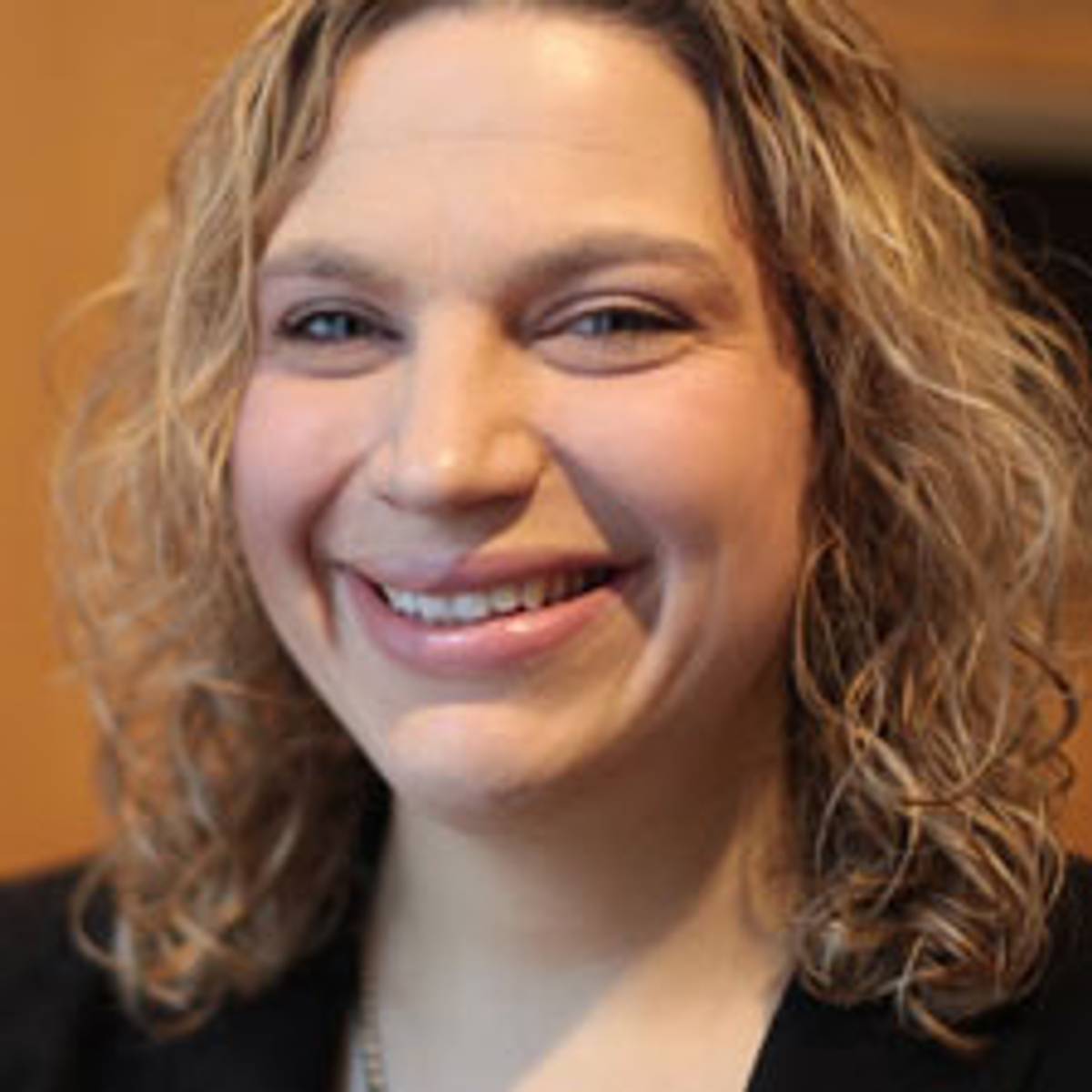
For years, Yaffa Epstein has taught hundreds of students across the globe in synagogues, college Hillels, and pluralistic Jewish learning events like Limmud. In 2015, she made her role official when she was ordained a rabba by the liberal Orthodox seminary Yeshivat Maharat. But long before she entered rabbinical school, she had already established herself as one of the Modern Orthodox community’s preeminent female Torah educators.
Since 2005, Epstein has served on the faculty at the Pardes Institute of Jewish Studies in Jerusalem, while spending summers at the Drisha Institute in New York and guest-lecturing everywhere from Limmud Miami to Berkeley Hillel. This past year, she moved to the states to teach Talmud and Jewish law at Yeshivat Maharat and serve as Pardes’s director of education in North America.
Among her students, she is known for understanding not just the intellectual process of studying the Jewish tradition, but the emotional experience of grappling with its challenges. “It is clear to all her students how much she cares about the texts, but also how much she struggles with them,” recalled Phil Keisman. “She wasn’t afraid to be her whole self in class.” Today, Keisman teaches at the Heschel School in New York, one of many of Epstein’s students to follow in her footsteps.
***
Ammiel Hirsch
Stephen Wise Free Synagogue | New York, N.Y.
Reform Judaism’s advocate and bridge-builder
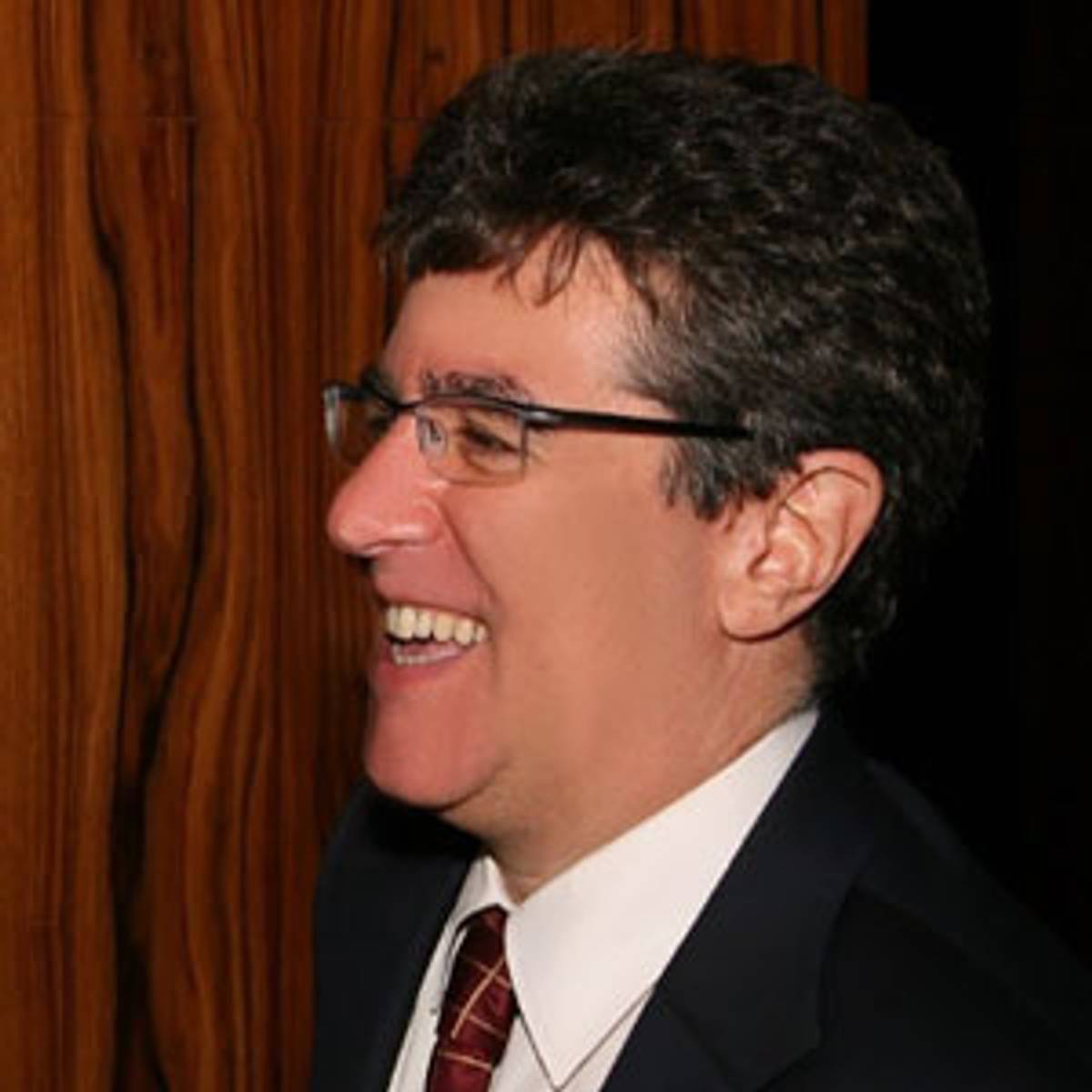
In 2002, Ammiel Hirsch co-authored an unusual book with ultra-Orthodox rabbi Yaakov Yosef Reinman. Titled One People, Two Worlds, it consisted of letters exchanged between the Reform rabbi and his Orthodox counterpart on everything from biblical historicity, to feminism, to the existence of God. The book was released with much fanfare, and a 14-city tour was scheduled for the two authors. But under pressure from his community, Reinman pulled out after two stops. And so Hirsch continued the rest of the tour alone.
The story reflects Hirsch’s commitment to unflinching advocacy for both Reform Judaism and intra-Jewish pluralism. Educated at the London School of Economics and ordained at Hebrew Union College, Hirsch has served in key positions in the Reform Movement. From 1992 to 2004, he was executive director of the Association of Reform Zionists of America, the movement’s Israel arm, and orchestrated its landmark 1997 platform’s embrace of Zionism. At the same time, he advocated for the rights of non-Orthodox Jews in Israel and was instrumental in ensuring the acceptance of non-Orthodox conversion there.
In 2004, Hirsch became the senior rabbi of the Stephen Wise Free Synagogue in New York City, whose membership has doubled since his arrival, now numbering some 2,500 congregants. Notably, Hirsch has accomplished this without soft-pedaling his staunch liberalism and Zionism from the pulpit. As he put it this past April: “Rabbis, in general, should not be afraid to take a stand.”
***
Debra Newman Kamin
Congregation Am Yisrael | Northfield, Ill.
A trailblazing female leader of Conservative Judaism

When Debra Newman Kamin assumed the pulpit of Congregation Am Yisrael in 1994, the synagogue became the first in the Chicago metropolitan area to be headed by a woman. It was not a simple decision for a denomination that had only recently begun ordaining women. “When I graduated, women had a really hard time finding jobs,” she recalled in The Chicago Tribune. “Congregations considered it too risky to hire a woman.” Often, when Kamin arrived at rabbinic gatherings, the assembled men assumed she was her congregation’s secretary.
Today, 25 years since Am Yisrael first hired her as an assistant rabbi, Kamin has become one of the Conservative movement’s most prominent female leaders. She serves on the executive council of its Rabbinical Assembly and is in line for the body’s presidency.
An avowed liberal, Kamin is not shy about expressing politics from the pulpit and has met with President Obama at the White House with other Jewish leaders on multiple occasions. The Emanuel family—Rahm, Zeke, and Ari—grew up at Am Yisrael. At the same time, Kamin has fostered an inclusive atmosphere for congregants of all political persuasions. Thus, another prominent congregant is Illinois Republican Gov. Bruce Rauner—and when he was inaugurated, Kamin delivered the invocation.
***
Israel Kirzner
Bnei Yehuda Congregation | Brooklyn, N.Y.
A synagogue rabbi and Nobel finalist
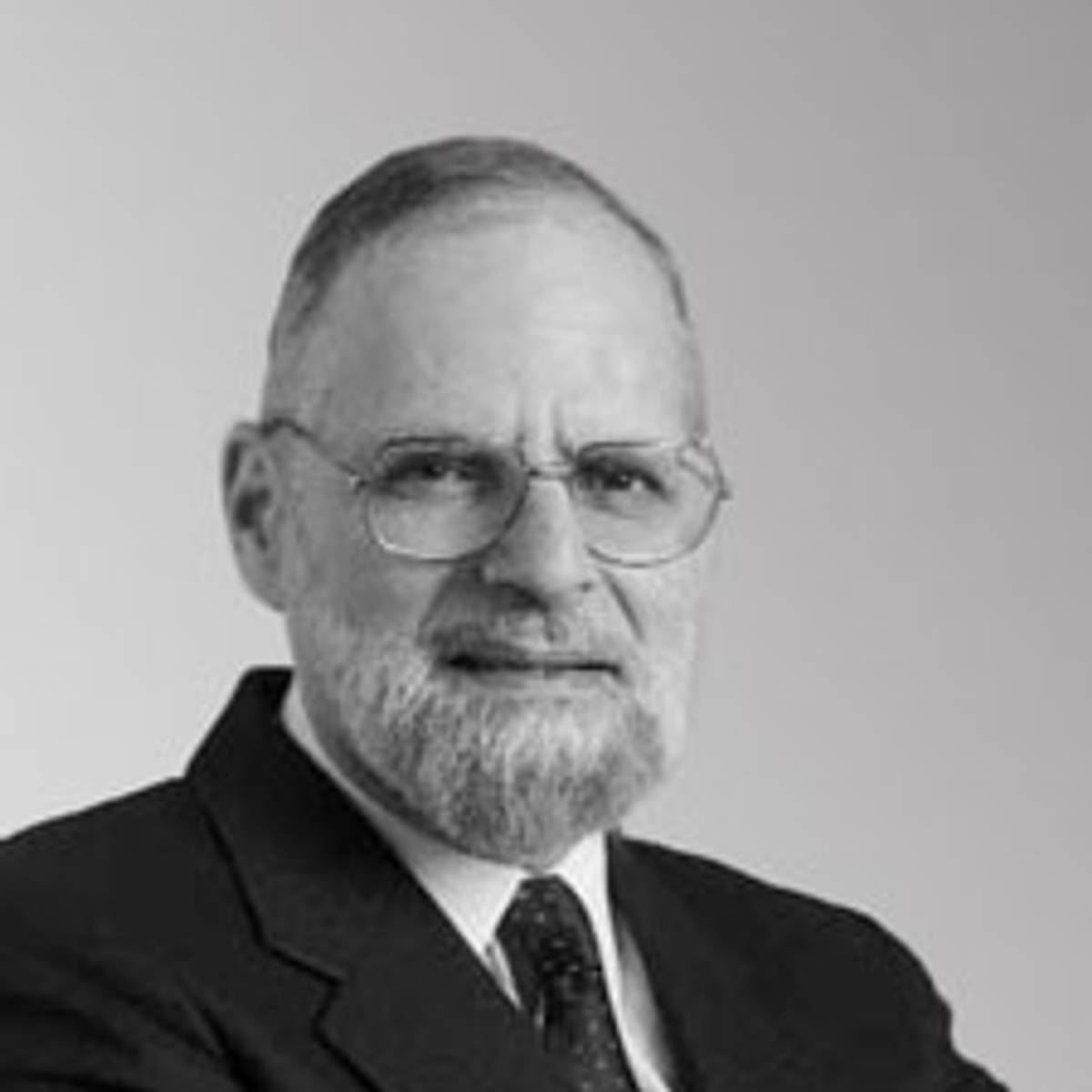
Last year, the financial news agency Thomson-Reuters released its predictions for the Nobel Prize in economics. The shortlist included five professors, hailing from places like Harvard, Brown, New York University, and Stanford. One of them, Israel Kirzner, also happened to be an Orthodox rabbi.
Born in 1930 in London, Kirzner lived and studied in South Africa before attending Brooklyn College in New York. He received his PhD from NYU in 1957 and has taught there ever since, publishing 11 books, scores of articles, and becoming one of the world’s leading scholars in the Austrian school of economics. By 2005, he was already being tipped for the Nobel, though he has yet to receive it.
Kirzner’s academic career is only part of the story, however. While attending school in New York, he also received rabbinic ordination and became a close student of the ultra-Orthodox sage Rabbi Isaac Hutner, dean of Yeshivat Chaim Berlin. Kirzner is credited as the collator of the source materials cited in Hutner’s most famous work, Pahad Yitzhak. And today, Kirzner serves as the rabbi of Bnei Yehuda Congregation in Brooklyn.
***
Harold Robinson
U.S. Navy
Admiral, sailor, rabbi
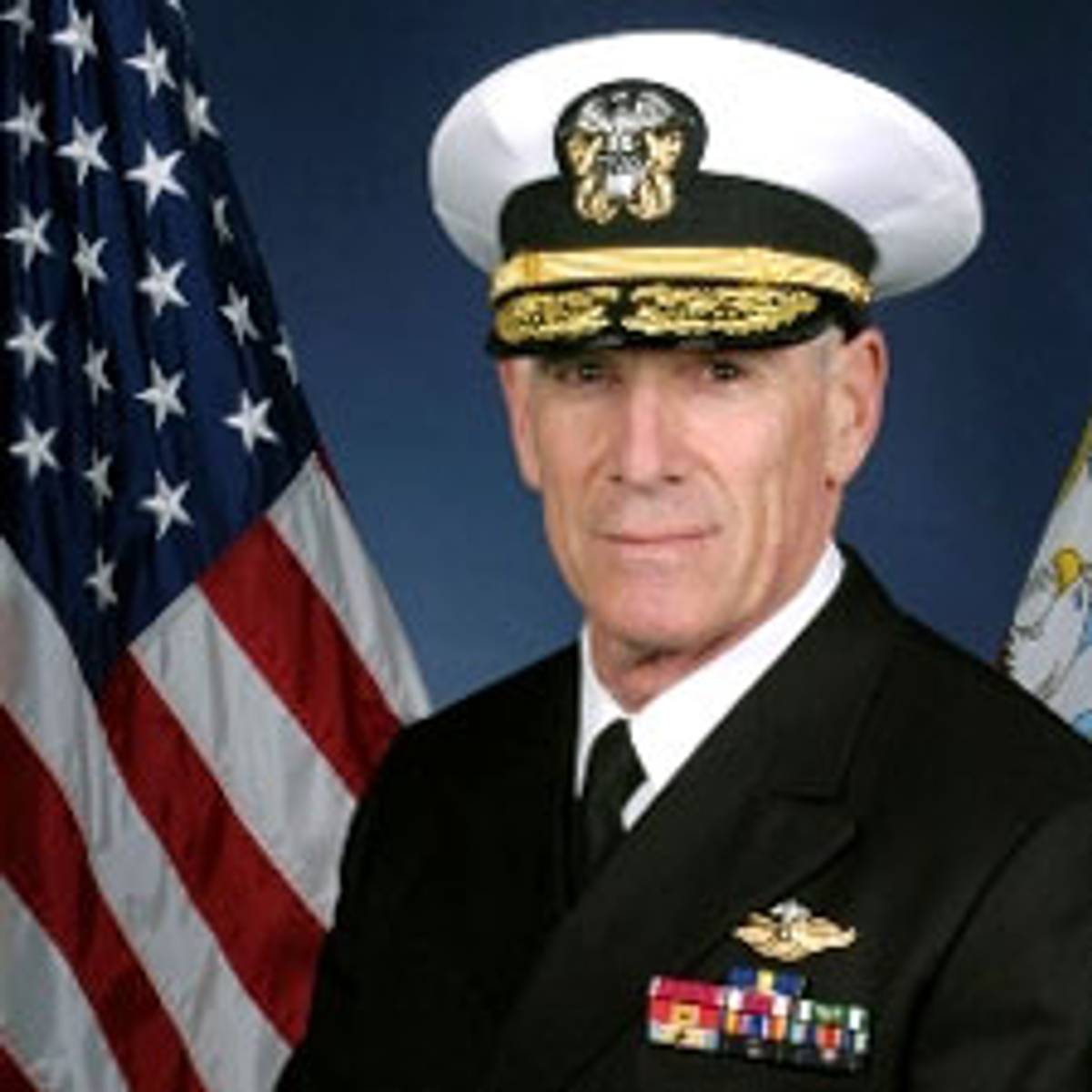
When people try to name influential rabbis, they typically think of those in synagogues, Hillel houses, or other Jewish communal institutions. They don’t usually think of the U.S. military. But while Harold Robinson has held traditional pulpits in Indiana, Louisiana, and Massachusetts, his congregation extends far beyond the usual rank-and-file to the hundreds of Jewish men and women in uniform.
Robinson was commissioned as an ensign in the U.S. Naval Reserve in 1971, ordained at Hebrew Union College in 1974, and became an army chaplain in 1975, ultimately rising to the rank of rear admiral. He has served on active duty in Iceland, Italy, Japan, Scotland, Bahrain, Guam, and Djibouti, and visited U.S. forces in Afghanistan, Iraq, Qatar, and Kuwait. Throughout these assignments, he ministered to countless Jewish soldiers in myriad official capacities, all while serving on key bodies within the Reform Movement. He has also received the Legion of Merit, the Meritorious Service Medal, the Naval Commendation Medal with two Gold Stars, and the Fleet Marine Force Service Ribbon, among other awards.
Having retired from military service in 2007, Robinson is now the director of the Jewish Welfare Board Jewish Chaplains Council, which provides advocacy and support for Jewish men and women in the United States Armed Forces and Veterans Administration.
***
David Silber
Drisha Institute | New York, N.Y.
Architect of advanced women’s Torah study in American Orthodoxy
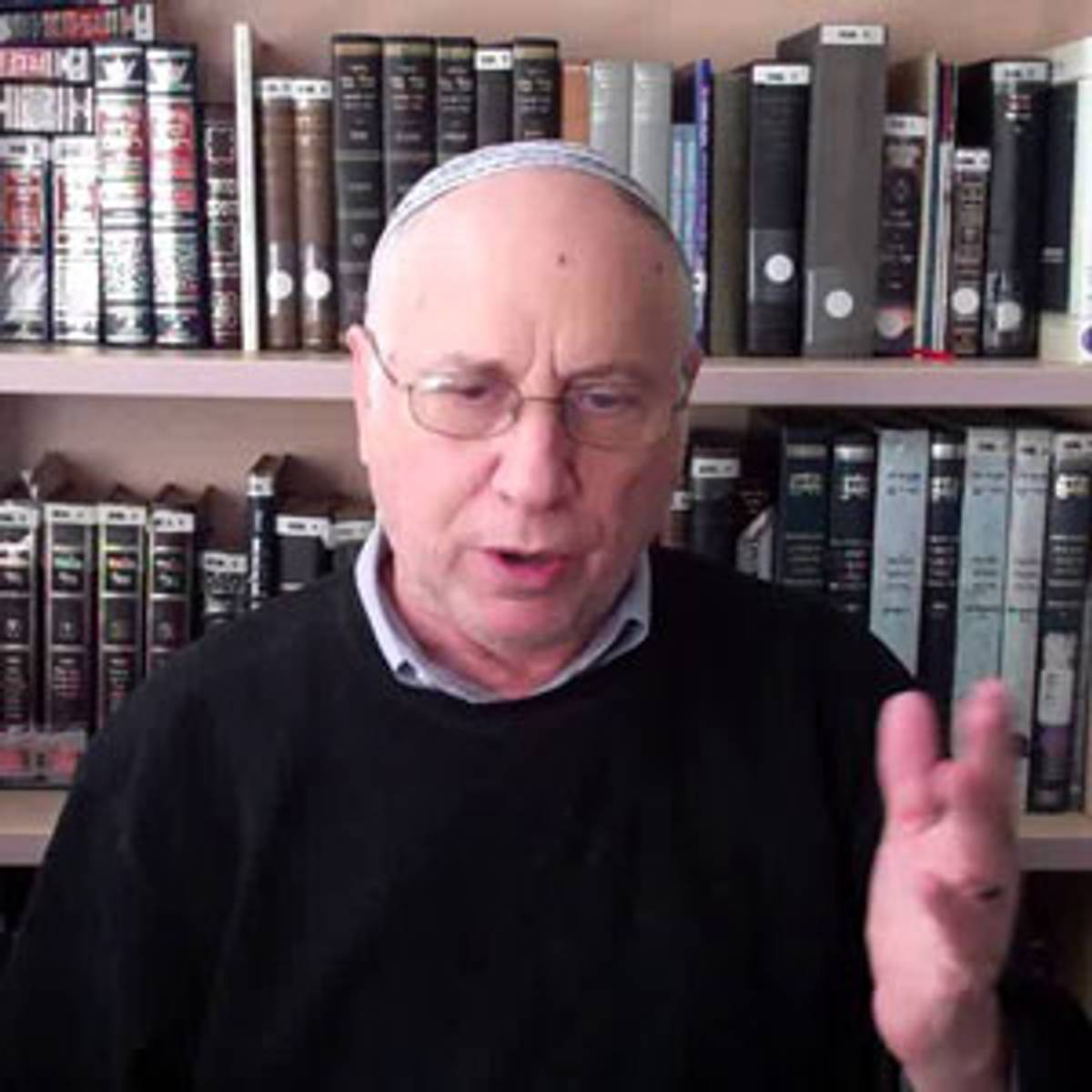
Today, as women increasingly assume prominent roles as teachers and clergy in American Modern Orthodox institutions, it is often forgotten that mere decades ago, there were few advanced Jewish learning opportunities for them. In 1979, David Silber founded the Drisha Institute in New York to remedy this situation, offering high-level Torah instruction—in particular, Talmud study—to women who would otherwise have nowhere to turn.
Drisha has now served thousands of students—male and female, Orthodox and not—and produced scores of female religious educators. In 2000, Silber described the genesis of the program: “I quickly discovered a hunger for learning among a population that had been grossly underserved—women,” he wrote. “I believe that every human being should be able to develop fully as a spiritual being and that Torah study, from a Jewish perspective, is a necessary component of spiritual growth. Throughout the years I have remained fiercely committed to the ideal that every woman, regardless of background or level of knowledge, should feel respected and heard at Drisha.”
A noted biblical scholar in his own right, Silber has published literary readings and commentary on the Tanakh, Haggadah, and other traditional texts, and is a prolific lecturer at Jewish institutions across the country.
***
Gil Steinlauf
Congregation Adas Israel | Washington, D.C.
Spiritual guide of Washington D.C.’s professional class
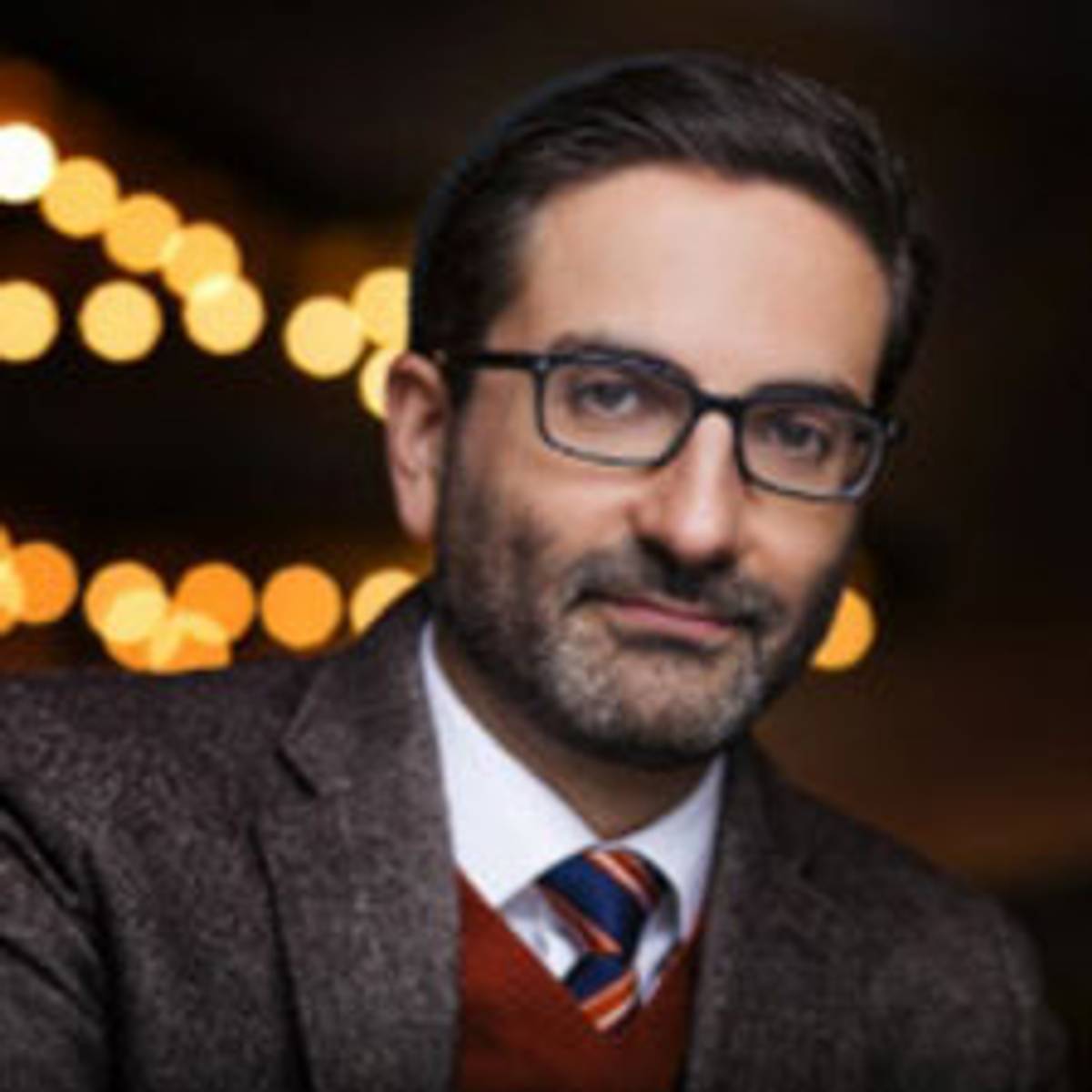
This past May, when President Obama sought to address the Jewish community on the difficult subjects of Iran, Israel, and the peace process, he chose to speak at Washington D.C.’s Adas Israel synagogue. It was a natural choice. Under the leadership of senior rabbi Gil Steinlauf since 2008, the 150-year-old congregation has been a hub for Jewishly active professionals in the nation’s capital, counting numerous policy wonks, government officials, and journalists among its members.
A major part of the synagogue’s appeal is Steinlauf, a summa cum laude Princeton graduate who was ordained at the Jewish Theological Seminary. Over the years, he has coupled liberal activism—he joined other faith leaders to rally with Mayors Against Illegal Guns–with strong yet nuanced support for Israel and a deep knowledge of Jewish sources.
Steinlauf and Adas Israel modeled another important communal conversation when the rabbi, married for 20 years with three children, came out as gay to the congregation’s 1,500 families last October—and was embraced by them. “The deepest message of Judaism is you have to embrace the other,” he told an interviewer in May. “Don’t be afraid of the other. And that’s the great spiritual battle of our time: Do you reject the other, or do you embrace the other?”
***
Shira Stutman
Sixth & I Historic Synagogue | Washington, D.C.
Reinventing the synagogue for the 21st century
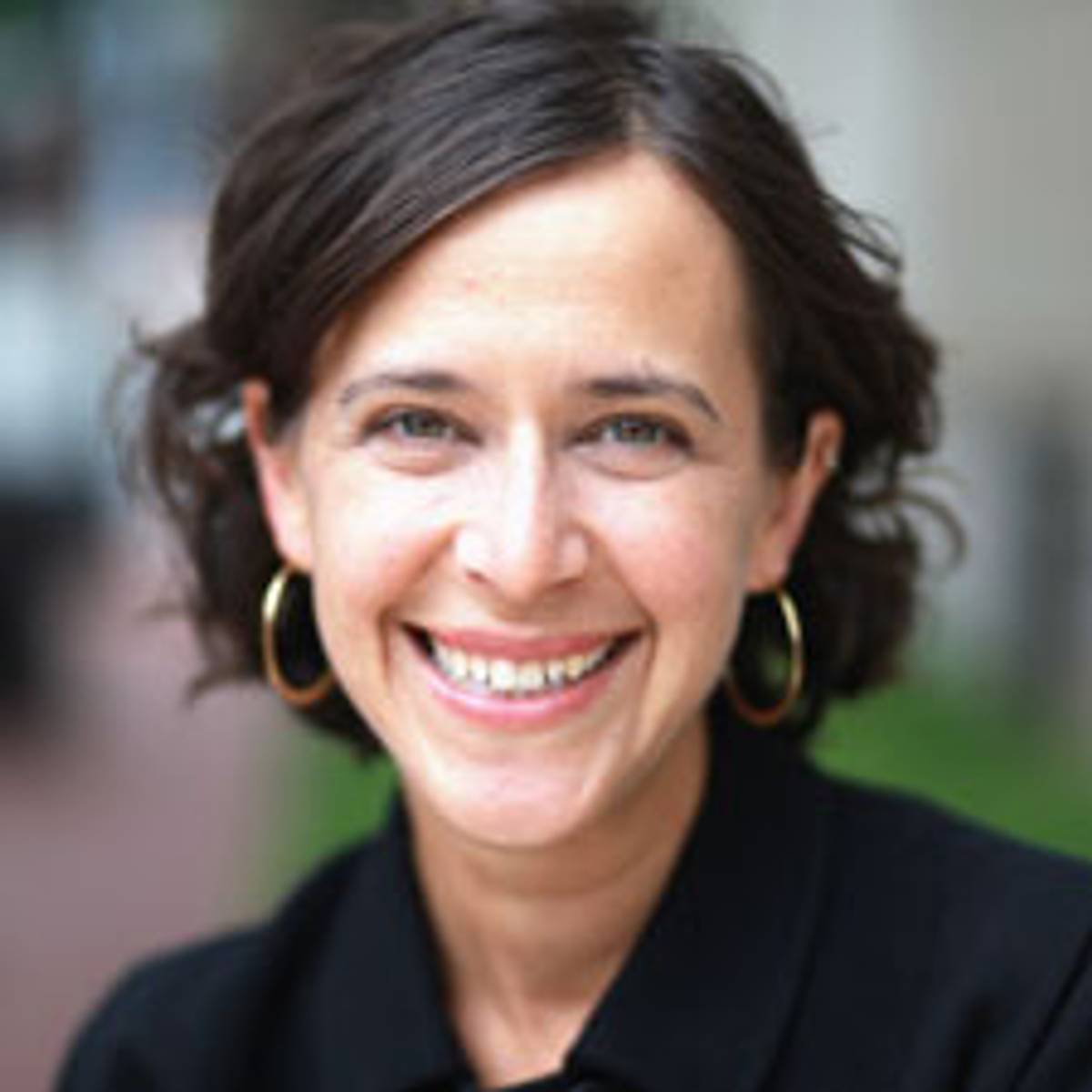
Glance at the calendar for the Sixth & I Historic Synagogue in Washington, D.C., and one will quickly spot offerings like pre-Shabbat yoga, evenings with intellectuals like Supreme Court Justice Stephen Breyer, or sit-downs with celebrities like Mindy Kaling. This unconventional array of events—seamlessly integrated alongside Sixth and I’s regular services and Jewish study classes—is significantly attributable to Shira Stutman, the institution’s director of Jewish programming.
Ordained by the Reconstructionist Rabbinical College in 2007, and hired by Sixth & I in 2010, Stutman set about turning the place into a sort of non-denominational Chabad for the unaffiliated. Drawing on her past experience as an intern on Capitol Hill pitching political platforms, she devoted herself to marketing Judaism to Washington’s youth.
By 2013, working with a talented team under the institution’s executive director Esther Foer, Stutman had “transformed one of Washington’s oldest synagogues into one of its hippest venues,” in the words of the Washington Post. The venue has since hosted everyone from Tina Fey to former D.C. Mayor Vincent Gray to Grammy-winning singer Adele. And by turning Sixth & I into a salon, Stutman succeeded in roping in many Jews who otherwise might not have set foot inside a synagogue.
“For me,” she told an interviewer last year, “there is nothing greater than bringing people through the front door of Sixth & I who come for a concert or a book talk and wind up exploring their religious identity.”
***
Jon-Jay Tilsen
Congregation Beth El-Keser Israel | New Haven, Connecticut
A rabbi who leads by empowering his congregants
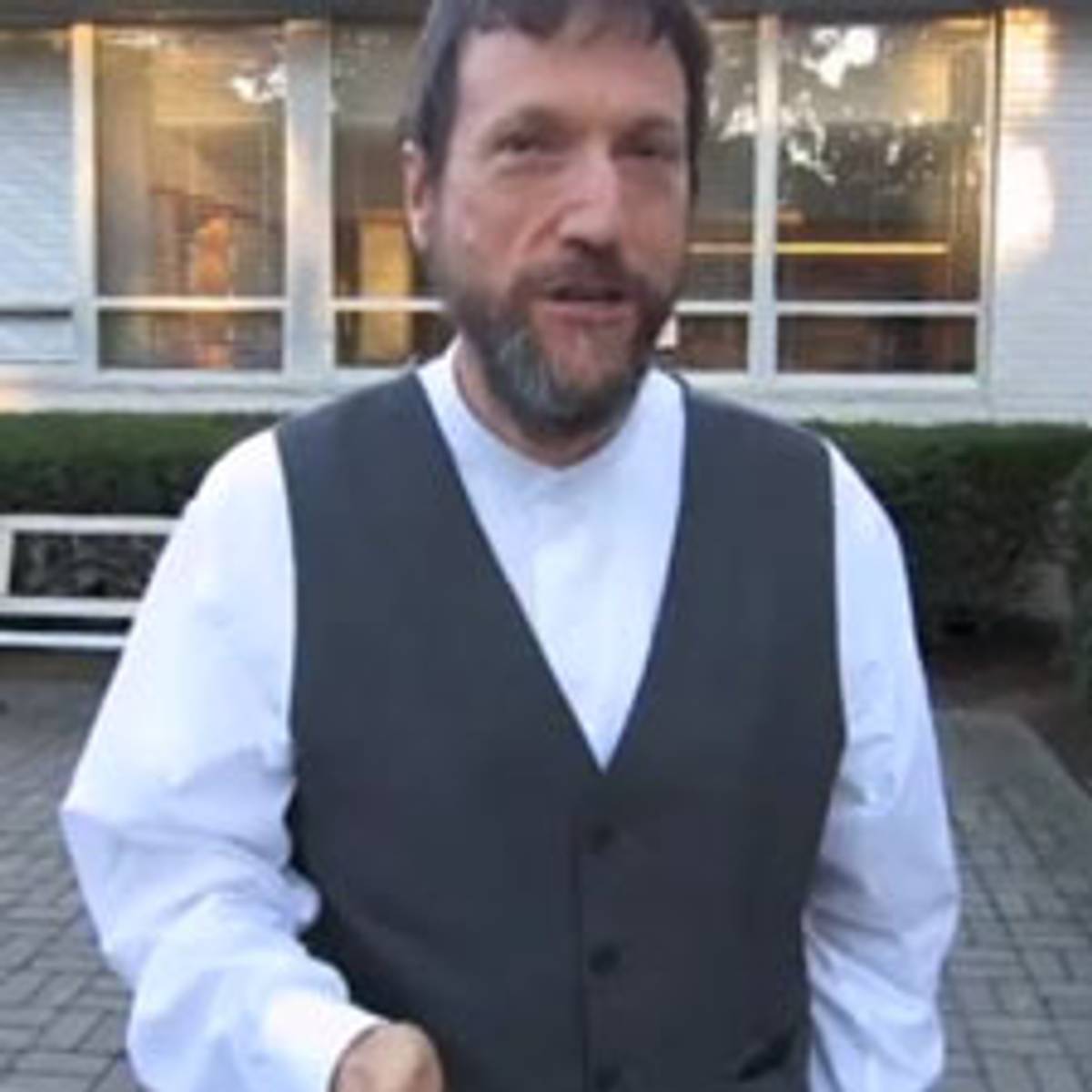
On a typical Shabbat morning at New Haven’s Beth El-Keser Israel synagogue, one can find 120 people in the pews. It’s a remarkable yield for a Conservative congregation with just 280 families, and it’s made possible by the understated leadership of Jon-Jay Tilsen, who has helmed the institution since 1993 and gradually increased its membership and vitality.
BEKI’s make-up is unusual and is reflective of its unusual rabbi. One the one hand, more than one in 10 members are converts. (Tilsen has sponsored over 100 himself.) On the other hand, the synagogue boasts a number of rabbis as congregants, whom Tilsen has happily drafted as fellow teachers. “Most rabbis would jealously guard their pulpit and not open it up to people who say things he may not agree with,” said one, Alan Lovins, “but he encourages us, he wants us all to share our thoughts and ideas and interpretations.”
Similarly, all BEKI services are led by volunteers, rather than professionals, with Tilsen guiding each member into their ideal role. In all these instances, what sets Tilsen apart is his willingness to guide from the side, rather than take center stage, enabling his congregants to shine in their own right. As one put it, “He knows how to get out of the way. That doesn’t mean we get less from our rabbi. It means we get more from everyone else.”
***
Jason Weiner
Cedars-Sinai Hospital Center | Los Angeles, California
Rabbi and ethicist at one of America’s top-ranked hospitals
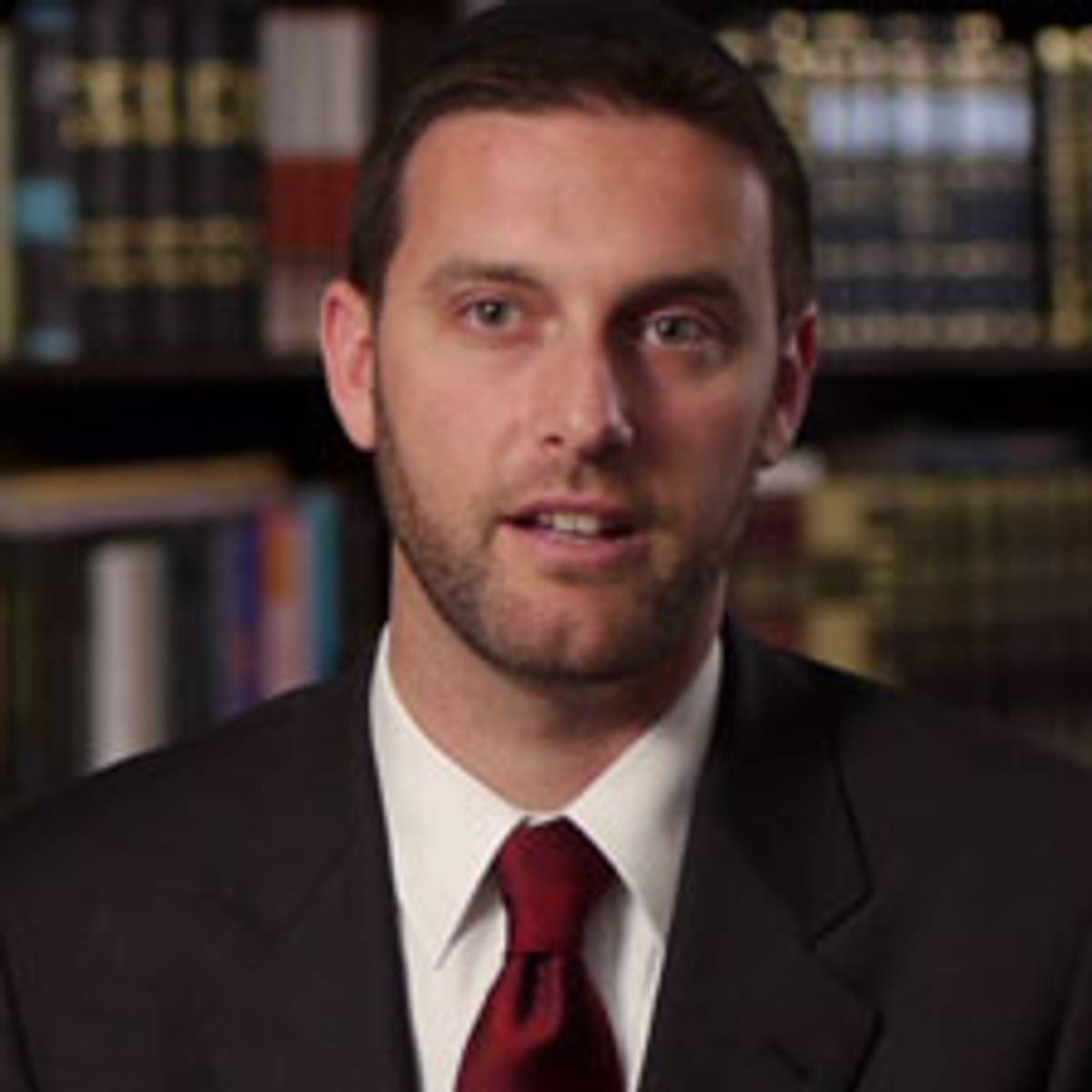
As the senior chaplain at Cedars-Sinai Hospital Center in Los Angeles, Jason Weiner has been responsible for the spiritual care of thousands of patients—Jewish and not—at some of their most vulnerable moments. He regularly grapples with Jewish legal questions on the thorniest of issues, from organ donation to end-of-life care. And he trains younger chaplains of all faiths—Jewish, Christian, Muslim—to deal with the difficult situations they will encounter.
Weiner never intended to become a hospital chaplain, and initially served as the assistant rabbi in L.A.’s Young Israel of Century City for three years after graduating rabbinical school. But his attitude changed when, in 2007, he was asked to substitute for Cedars-Sinai’s chaplain, who had taken ill. Weiner soon found his calling. “When people are not forced to face life and death frequently, they lose touch with how fragile we are and how much you have to appreciate every second you have,” he told the Los Angeles Jewish Journal.
Weiner’s work has won him the acclaim of not only his patients, but the broader Orthodox community. Though ordained by the liberal Orthodox seminary Yeshivat Chovevei Torah, his writing on Jewish law and medical ethics has been widely praised by ultra-Orthodox rabbis, and he has received the Orthodox Union’s Rabbinic Leadership Award.
For his part, Weiner sees being a chaplain as “a privilege and quite an opportunity, when done right, for positive influence and the sanctification of God’s name.”
***
Like this article? Sign up for our Daily Digest to get Tablet Magazine’s new content in your inbox each morning.
Yair Rosenberg is a senior writer at Tablet. Subscribe to his newsletter, listen to his music, and follow him on Twitter and Facebook.